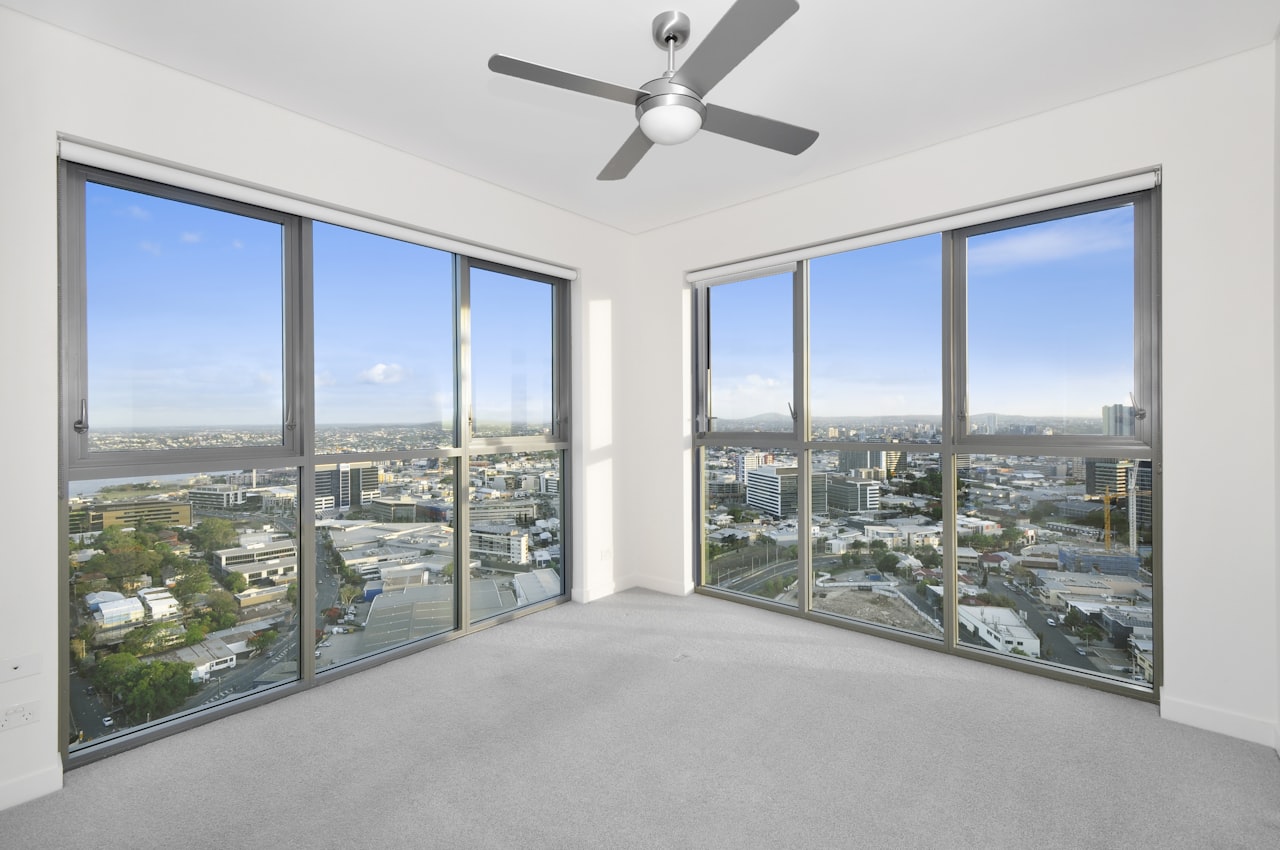In the third quarter, Manhattan’s residential real estate market demonstrated resilience, despite many buyers holding back in anticipation of lower mortgage rates for most of the period. When rates finally began to drop—reaching their lowest level in 1.5 years—buyers responded enthusiastically, setting the stage for a strong close to the year.
Inventory decreased slightly by 0.3% compared to the previous quarter, highlighting the persistent challenge of limited supply. Notably, there were 15.4% fewer new listings this quarter than at the same time last year, and a 39.1% drop quarter over quarter. This shortage continued to drive prices upward, with the median price increasing by 13.6% compared to Q3 2023.
Manhattan's status as a global destination, coupled with lower mortgage rates, pent-up demand, and renewed buyer confidence, signals positive momentum for the fall and beyond.
Bright Spots: One key indicator of market strength is the percentage of Manhattan sellers finding buyers in less than 30 days. August 2024 saw the highest percentage of homes sold in under 30 days since August 2015.
Mortgage Rates: Mortgage rates peaked in October 2023 at a national average of 7.89% but have been declining since then, reaching their lowest point last month. On September 18, 2024, the Federal Reserve cut rates by half a percentage point. However, mortgage rates rose by 42 basis points the following day. As we mentioned in last month’s newsletter, many savvy buyers took advantage of the rate cuts, which were already anticipated by the market. Rates fluctuate based on a variety of factors, including market expectations, global and local economic conditions, and individual bank policies.
Election Season: Closed sales fell to 2,694 transactions, a minor 1.8% decline from Q3 2023. This decline reflects the historical slowdown ahead of a presidential election and the widespread expectation that mortgage rates would fall further. Although the identity of our next President is important, the greater influence on the real estate market will come from who controls the Senate and Congress. Political ideologies and ambitious campaign promises may win votes, but effectively implementing practical policies and legislation is a different challenge. The real question is: if these major policy promises are fulfilled, how will they impact inflation and, ultimately, interest rates.
Condos Vs Coops: A notable trend was the growing preference for condos over co-ops. Condo contracts jumped 25.1% year-over-year, while co-op transactions fell 21.3%. This shift reflected buyers' increasing demand for amenities and the fewer restrictions typically associated with co-op board approvals. Additionally, more all-cash buyers took advantage of the slower market, further contributing to this trend.
Luxury Market: The bright spot this quarter was in the luxury market. Despite limited inventory, the high-end segment performed strongly, driven by stock market gains, generational wealth transfers, and consistent demand for luxury new developments.
Contracts signed for homes in the $10 million—$20 million range increased by 15.4% year-over-year, while contracts for homes over $20 million saw an even larger uptick, rising 16.7%.
Rental Market: Over the last month, the average rental price in Manhattan decreased by 0.22%, from $4,872 to $4,862.
Thank you for your continued support!

























































































